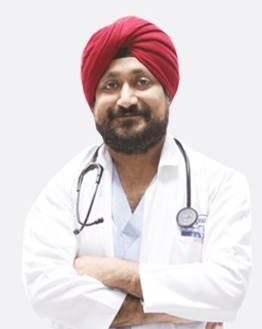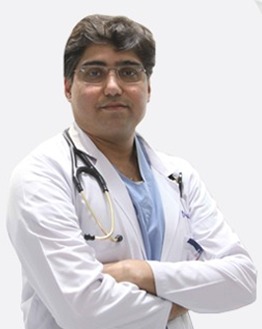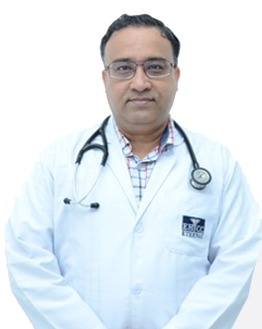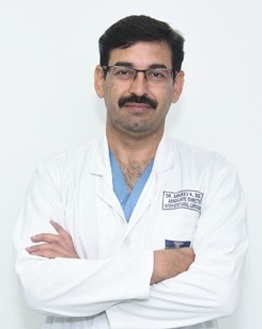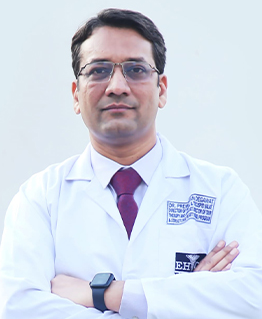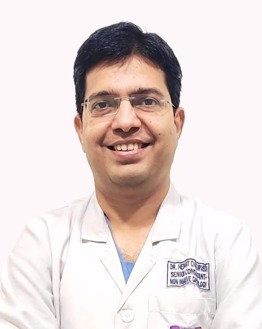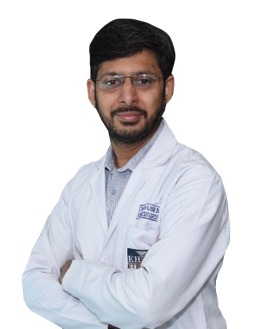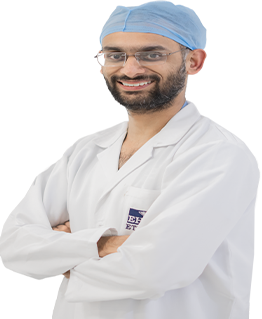Cardiology is a branch of science that deals with the study and treatment of the cardiovascular system. Our heart consists of blood vessels, valves, arteries, capillaries and veins. Every part is important and performs a special function. Smooth functioning of every part is essential and blockage or malfunction can lead to serious health issues or cardiovascular disease. Non- invasive Cardiology is the branch that does not use any needle or instruments in the treatment. There are various cardiac procedures that involve treating the problems without use of any fluids, injections, or cutting. This type of procedure helps in crucial diagnosis and early treatment options that are available to the patients. The department that deals with non invasive cardiac surgery uses new age technology, latest equipments and provides services that include:
- Stress Echocardiogram
- Dobutamine stress echocardiogram
- Nuclear cardiology
- Heart monitor or holter monitor
- Exercise Stress Test with Nuclear imaging
- Coronary Computed Tomography Angiogram (CTA)
- Transoesophageal Echocardiogram (TEE)
- Transthoracic Echocardiogram (TTE)
Non-Invasive Cardiology
Non-invasive cardiology is the branch of cardiology that helps in diagnosing heart related issues without any insertion of needles, fluids or any instruments. Some of the non invasive techniques include:
- CT scans: CT scans generate a number of images that creates a detailed view of the heart that helps in diagnosing the heart disease a patient is suffering from.
- Echocardiography: It uses ultrasound waves that generate images of the heart and surrounding structures that enables cardiologists to observe the capacity of heart to beat, the circulation of blood through vessels and any blockage in the arteries.
- Heart monitors: It helps to determine the activity of the heart such as the rate at which it is beating and the flow of it.
- Cardiac electrophysiology: It is the study of electric current signals that the heart generates.
- Stress tests: It includes exercise and physical activity to determine the condition and working of the heart. It shows how the heart works under pressure due to which its capacity is determined.
- Echocardiogram: It is the ultrasound of the heart that uses sound waves to create a picture of the heart that shows heart valves and heart muscles.
- Tilt table test: In this the patient is asked to lie down to monitor the rate of heart, blood pressure and oxygen level.
- Heart MRI: In this magnetic waves and radio waves create images of the inside of the body. It shows images of the blood vessels and heart while beating. Several diseases like congenital heart disease, coronary heart disease are diagnosed.
Benefits of using Non-Invasive Cardiology:
- Helps in early diagnosis of cardiovascular disease.
- Painless procedure
- Helps in monitoring the condition of heart
- Provides specific and accurate readings
- Helps in determining the malfunction with the help of the tests.
- No risk
- No insertion of needles or incision is required.
Why Eternal Hospital?
At Eternal Hospital, we have a highly qualified and dedicated team of Cardiologists who are always committed to providing the latest and most advanced medical care to all our patients. Being a trusted name in healthcare, we act compassionately while ensuring confidentiality to those who need it. We have set high standards in patient-centric premium care and outstanding patient safety, and exceptional maintenance in a timely manner. In addition, we adhere to the use of up-to-the-minute innovations to offer state-of-the-art treatments to our patients with unparalleled results.


